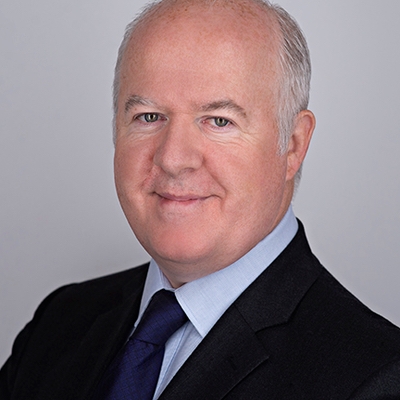If I was a Financial Planner I would likely be infuriated by the news today from the Financial Services Compensation Scheme forecasting a levy on regulated firms of over £1bn over the next 12 months, up 30% on the previous year.
The seemingly inexorable increase in the levy has undoubtedly left many advisers hopping mad but perhaps it’s time for some cooler thinking.
It’s too often forgotten that the levy pays for invaluable compensation for consumers who have lost money due to their adviser or provider failing.
That seems to me a worthwhile job and I suspect most planners and advisers accept that too. Ditching the safety-net is not an option.
One could argue the protection is too generous and that consumers should take more responsibility for their investments but ultimately the FSCS underpins consumer protection in the UK. It’s not a perfect solution but for investors who have put their hard earned cash into an investment product it’s a potential life saver financially. Many have been saved from ruin by it.
So the safety net has to stay but who pays for it is the big question. Is it the so-called ‘polluters’ - the worst offenders whose toxic investments cause most of the trouble? London Capital & Finance, the failed mini-bond firm, for example has already cost £50m with lots more bills likely.
Should it be central government? Should it perhaps be a network of insurers who could be persuaded to provide an alternative safety-net for firms?
This last solution, one favoured by new FCA CEO Nikhil Rathi, has merits not least because he favours it. It should be considered but asking the UK’s indemnity insurers to meet all of a £1bn bill each year is a tall order. The premiums for any levy cover could be very significant and there would be exclusions and huge amounts of small print. That’s what insurers do.
Some, particularly the professional and trade bodies, have called for a product levy and this too has merits although it would, in effect, be another tax and people aren’t too keen for taxes at the moment. It does have the merits of scalability and affordability and would savers and investors really fret too much about a £1 or 2 on their product costs? Perhaps not. An extra 10% or 20% bill? Perhaps that’s a tougher ask.
Trying to find a fair solution agreeable to all will be a huge challenge but if there is one thing that most stakeholders agree on it is that reform is needed.
That’s a good starting point for change and with MPs now taking an interest there is at least a sliver of hope this year that change will at least be on the agenda.
That change cannot come a moment too soon if the weight of the levy is not to crush the intermediary sector and other financial providers.
• Get 50% off a subscription to Financial Planning Today Magazine for a limited time by using code '50SAVER' and get a host of benefits. https://www.financialplanningtoday.co.uk/fp-today-magazine.
Kevin O’Donnell is editor of Financial Planning Today and a financial journalist with 30 years experience. This topical comment on the Financial Planning news appears most weeks. Follow @FPT_Kevin

